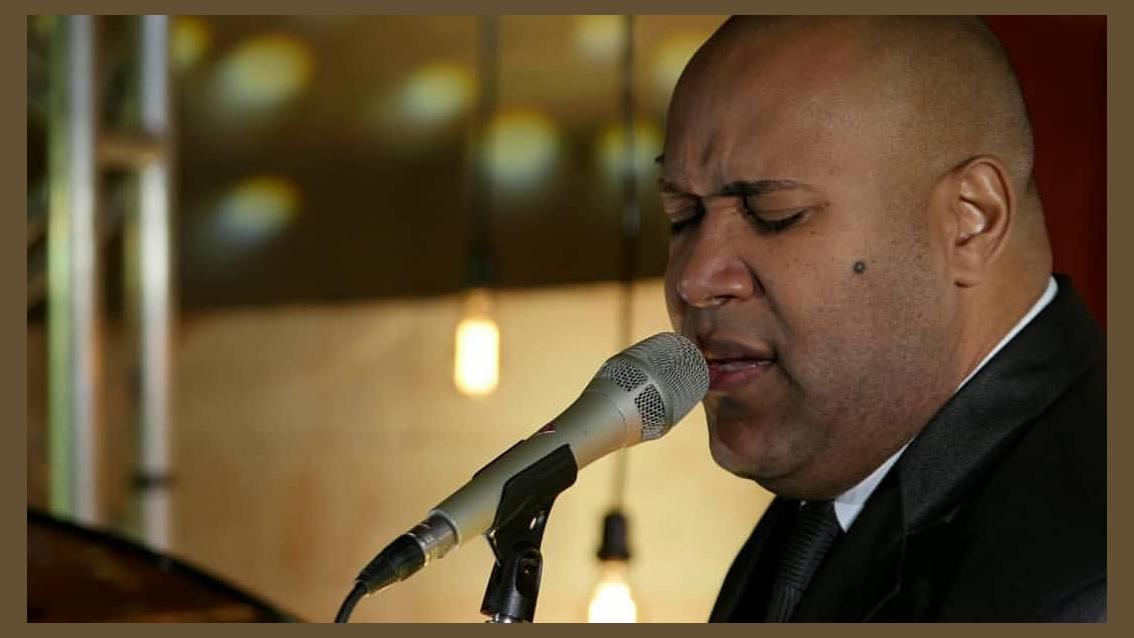 Gerson Rufino
Gerson Rufino
Gerson Rufino: The Voice of the Favelas
Early Life and Inspiration
Gerson Rufino Barbosa dos Anjos, born in the humble favelas of Rio de Janeiro, Brazil, emerged as a beacon of hope for his community through his electrifying music. His upbringing amidst poverty and social injustice sparked a burning desire within him to use his voice as a catalyst for change.
Formation of the Band
In 2019, Rufino joined forces with fellow musicians Igor Costa, Yago Arruda, and Ivan Machado to form the eponymous band, Gerson Rufino. Their goal was to create music that resonated with the struggles and aspirations of the people living in the favelas.
Musical Style
Gerson Rufino's music defies easy categorization, seamlessly blending elements of samba, funk, pagode, and rap. His lyrics, often infused with social commentary, offer a raw and honest portrayal of life in the favelas. Their signature sound captivates audiences with its infectious rhythms, soulful harmonies, and thought-provoking messages.
Breakthrough Hit: "Vai Passar"
In 2021, Gerson Rufino's career took a meteoric rise with the release of their anthem-like song "Vai Passar." The track became an instant sensation, resonating with millions of Brazilians who had endured hardships during the COVID-19 pandemic. Its message of hope and resilience struck a chord, propelling the band to national prominence.
Discography
* Vai Passar (2021)
* Favelas (2022)
* Quebradas (2023) [Upcoming]
Challenges and Controversies
Gerson Rufino's music has not been without controversy. Their outspoken lyrics and advocacy for social justice have drawn criticism from some who accuse them of inciting division. However, the band has remained resolute in their commitment to speaking truth to power.
Band Members
* Gerson Rufino: Lead vocals, guitar
* Igor Costa: Bass, vocals
* Yago Arruda: Drums
* Ivan Machado: Keyboard, vocals
Social Impact
Gerson Rufino's music transcends entertainment. It has become a soundtrack to the struggles and triumphs of Brazil's marginalized communities. Their concerts serve as platforms for social awareness and activism, inspiring listeners to challenge inequality and embrace their own voices.
Early Life and Inspiration
Gerson Rufino Barbosa dos Anjos, born in the humble favelas of Rio de Janeiro, Brazil, emerged as a beacon of hope for his community through his electrifying music. His upbringing amidst poverty and social injustice sparked a burning desire within him to use his voice as a catalyst for change.
Formation of the Band
In 2019, Rufino joined forces with fellow musicians Igor Costa, Yago Arruda, and Ivan Machado to form the eponymous band, Gerson Rufino. Their goal was to create music that resonated with the struggles and aspirations of the people living in the favelas.
Musical Style
Gerson Rufino's music defies easy categorization, seamlessly blending elements of samba, funk, pagode, and rap. His lyrics, often infused with social commentary, offer a raw and honest portrayal of life in the favelas. Their signature sound captivates audiences with its infectious rhythms, soulful harmonies, and thought-provoking messages.
Breakthrough Hit: "Vai Passar"
In 2021, Gerson Rufino's career took a meteoric rise with the release of their anthem-like song "Vai Passar." The track became an instant sensation, resonating with millions of Brazilians who had endured hardships during the COVID-19 pandemic. Its message of hope and resilience struck a chord, propelling the band to national prominence.
Discography
* Vai Passar (2021)
* Favelas (2022)
* Quebradas (2023) [Upcoming]
Challenges and Controversies
Gerson Rufino's music has not been without controversy. Their outspoken lyrics and advocacy for social justice have drawn criticism from some who accuse them of inciting division. However, the band has remained resolute in their commitment to speaking truth to power.
Band Members
* Gerson Rufino: Lead vocals, guitar
* Igor Costa: Bass, vocals
* Yago Arruda: Drums
* Ivan Machado: Keyboard, vocals
Social Impact
Gerson Rufino's music transcends entertainment. It has become a soundtrack to the struggles and triumphs of Brazil's marginalized communities. Their concerts serve as platforms for social awareness and activism, inspiring listeners to challenge inequality and embrace their own voices.